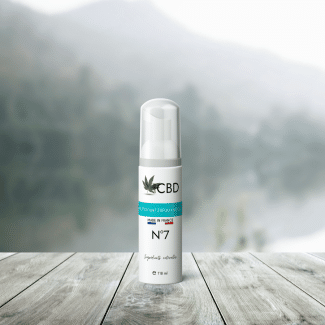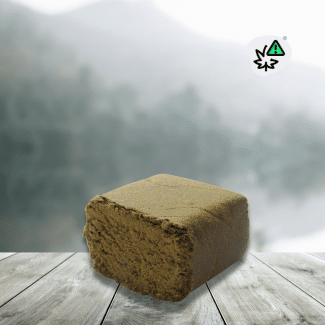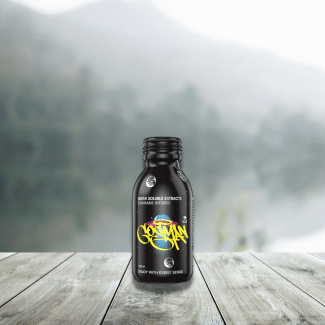Minor cannabinoids
- 10-OH-HHC Hydroxy-hexahydrocannabinol
- Accessories
- C4B - HHCPO
- Minor cannabinoids
- CB9
- Cheap CBD, SMALL PRICE!
- CBD for pets
- CBD Power Boost
- CBG9
- CBNO
- CBD Cosmetics
- CRD CBD
- CBD E-liquids
- CBD flowers
- CBD treats
- H3CBN (THCP)
- H4CBD
- HHC
- HHCH
- HHCPO
- CBD oils
- CBD Infusion
- MA CBD BOX - Exclusive Lord Of CBD
- Promotion
- CBD Resins & Extraction
- THCB
- THCJD
- THCP
- THCPO
- THCV
- CBD Vape
-
 Rating 5.00 out of 539.90 €
Rating 5.00 out of 539.90 €49.90 €The initial price was €49.90.39.90 €The current price is €39.90. -
 Rating 4.88 out of 519.9019.90 €
Rating 4.88 out of 519.9019.90 € -
 Rating 4.93 out of 526.90 €26.90 €
Rating 4.93 out of 526.90 €26.90 €
Product categories
You may also like...
27 Products
First of all, it's important to note that these compounds are all members of the cannabinoid class, which are chemical compounds found in the cannabis plant. These different cannabinoids have different chemical structures and can therefore have different effects on the body. Let's take a look at each of these compounds:
- CBD (Cannabidiol): This is probably the best-known cannabinoid after THC. It's non-psychoactive, which means it doesn't produce the "high" often associated with marijuana. CBD has demonstrated therapeutic potential in a variety of conditions, including anxiety, depression, inflammation and certain types of pain.
- H4CBD (Hydroxy-4-Cannabidiol): This is a synthetic CBD derivative currently under study. It may have anti-inflammatory and neuroprotective properties similar to CBD, but further research is needed to confirm these effects.
- THCP (Tetrahydrocannabiphorol): This is a recently discovered cannabinoid with a similar structure to THC but with greater affinity for cannabinoid receptors in the body, which could potentially make it more potent. It has not been studied as extensively as THC or CBD, and its precise effects on the human body are still largely unknown.
- THCV (Tetrahydrocannabivarin): Similar in structure to THC, but with slightly different effects. It is often described as less psychoactive than THC, and may even help mitigate some of THC's effects. It has demonstrated therapeutic potential in weight management, as an antipsychotic agent and in the treatment of diabetes.
When it comes to their potential for well-being, CBD is currently the most widely used and best studied. It has demonstrated beneficial effects in the treatment of anxiety, depression, inflammation and certain pains. THCV is also promising, with research suggesting it could be useful for weight management and the treatment of diabetes. However, more research is needed to fully understand the effects of the other cannabinoids mentioned here.
As always, it's important to consult a healthcare professional before starting to use these products, as they may interact with other medications and have side effects.


























